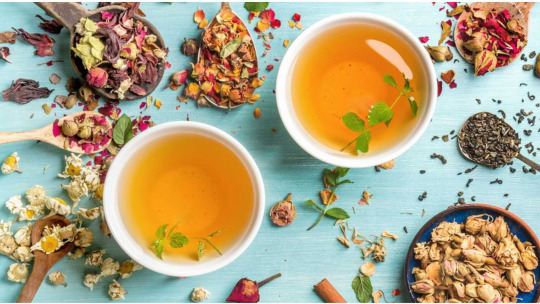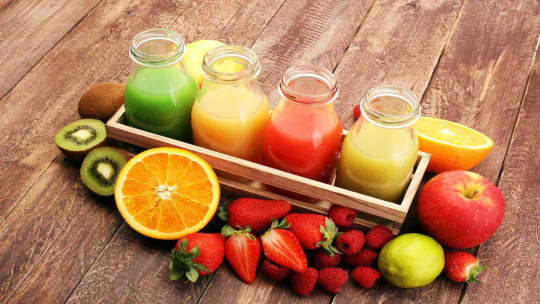
For individuals with chronic kidney disease (CKD), it's crucial to choose beverages carefully to support kidney health and overall well-being. Here's a guide to drinking healthily for CKD patients:
1. Water: Water is the best and most kidney-friendly beverage. It helps maintain proper hydration, aids in flushing out toxins, and supports kidney function. Aim to drink an adequate amount of water throughout the day, but consult with your healthcare provider to determine the appropriate daily intake for your specific condition.

2. Herbal tea: Herbal teas are a great choice for hydration without the risk of excessive potassium or phosphorus. Opt for herbal teas such as chamomile, peppermint, or rooibos. Avoid herbal teas that contain hibiscus or nettle, as they may have higher levels of potassium.
3. Limited milk and dairy alternatives: If you have limited kidney function, it's important to be cautious with milk and dairy alternatives. Dairy products are a significant source of phosphorus and potassium. Choose lower phosphorus and potassium options, such as small servings of low-fat or skim milk, or consider dairy alternatives like almond milk or rice milk.

4. Homemade fruit juices: Freshly squeezed fruit juices can be enjoyed in moderation. However, be mindful of the fruit’s potassium content and portion sizes. Opt for lower-potassium fruits like apples, pears, and berries. Diluting the juice with water can also help reduce its potassium concentration.
5. Limit carbonated and sugary drinks: Carbonated and sugary beverages, such as soda, energy drinks, and sweetened fruit juices, should be limited or avoided. They are typically high in phosphorus, sugar, and empty calories, which can have negative effects on kidney health and overall well-being.

6. Controlled caffeine intake: Caffeine can increase blood pressure and potentially affect kidney function. Limit your caffeine intake by moderating your consumption of coffee, tea, and caffeinated sodas. Be cautious with energy drinks, as they often contain high levels of caffeine.
7. Talk to a dietitian: Consulting with a registered dietitian who specializes in CKD is crucial for personalized guidance. They can help you determine the appropriate beverage choices based on your specific dietary needs, kidney function, and overall health.
Remember, individual dietary needs may vary depending on the stage of CKD and other underlying health conditions. It's essential to work closely with your healthcare team to develop a personalized nutrition plan that supports your kidney health and overall well-being.
